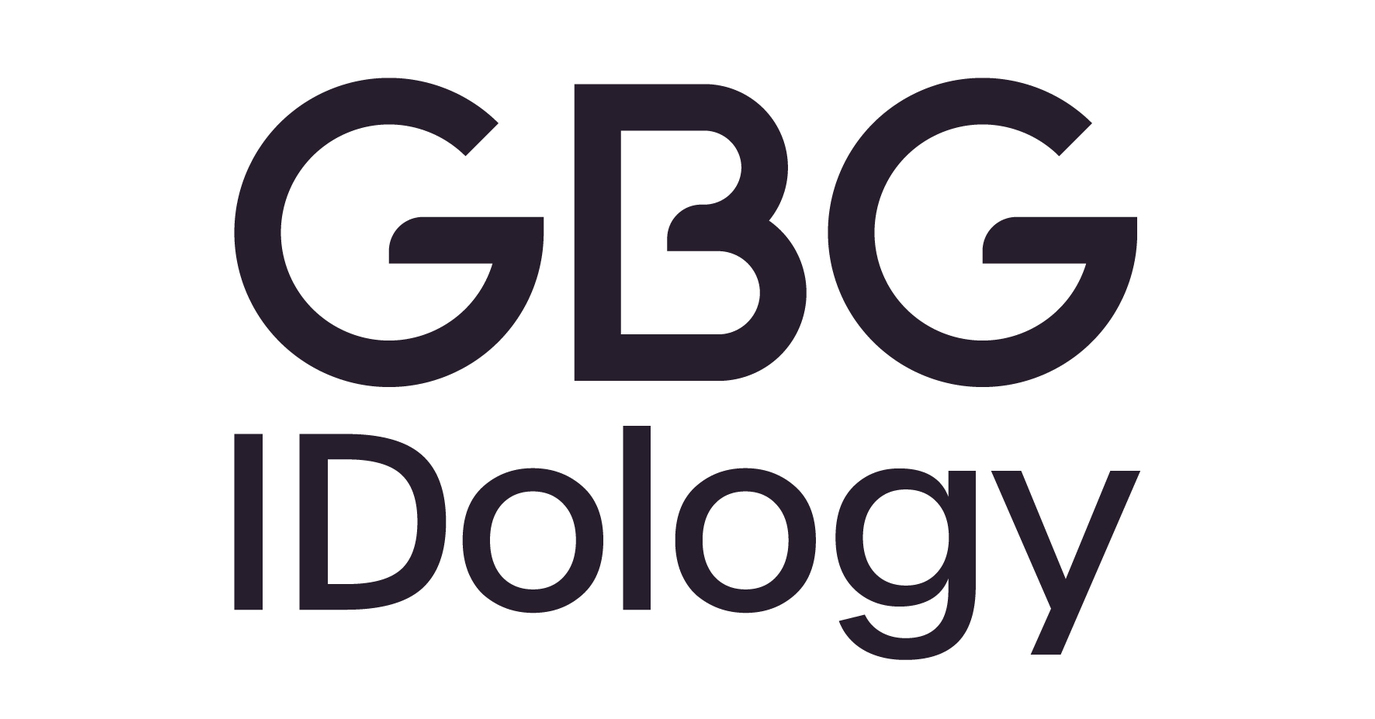IDology Unveils Global Fraud Report, Reveals Growing Concerns About Impact of Generative AI on Fraud

Ideologya GBG company, today released its 2024 Global Fraud Report, confirming growing concerns about the impact of generative AI on fraud. With the rapid advancement of AI, businesses have expressed heightened concerns about the evolution of familiar fraud types, such as synthetic identity fraud (SIF) and phishing, powered by generative AI.
New technologies fuel well-known frauds
Generative AI can quickly produce human-like text, realistic images, and even deepfake videos at scale, making it easy for fraudsters to create credible synthetic identities and phishing emails and text messages. Key findings related to generative AI include:
- Many respondents named generative AI as the biggest fraud trend over the next 3-5 years.
- Forty-five percent of businesses are concerned about generative AI’s ability to create more accurate synthetic identities. And with fraudsters leveraging generative AI, 74% are concerned about the risk of increased synthetic identity fraud (SIF).
- Concerns about SIF do not always translate into concrete measures. Despite being aware of the risk, the number of companies that do not know whether SIF has impacted their business or do not monitor it at all has steadily increased, from 23% in 2021 to 39% in 2024.
Mobile and online fraud remains a prime target
Even though fraudsters are sparing no effort, they continue to rely as much as possible on digital channels.
- More than half (52%) of businesses reported an overall increase in fraud across mobile, online, contact center, and in-person channels. Of these, the impact was felt most on digital channels, with online and mobile channels accounting for 65% of the increase in fraud.
- 70% of businesses say they will invest continuously or more in mobile over the next 12 months, so balancing convenience, strategies and solutions is critical to ensuring every customer experience is secure.
- As the focus continues to shift to digital fraud, contact centers and physical channels cannot be ignored. Fraudulent payment methods, accounts, and identities exploit the vulnerabilities of an interconnected system of online and offline channels. It is therefore essential to adopt a holistic, multi-layered approach to identity verification.
“From phishing scams and account takeovers to the creation of synthetic identities and beyond, the fraud landscape is rapidly evolving,” said James Bruni, CEO of IDology. “By leveraging generative AI and technological advancements, fraudsters can scale their operations and produce results that are remarkably convincing and, in many cases, indistinguishable from human-created content. As generative AI fuels fraud and customer expectations rise, multi-layered digital identity verification is critical to successfully balancing fraud prevention and friction to build customer loyalty and increase revenue.”
The Global Fraud Report, now in its ninth year, was developed in collaboration with GBG counterparts in Europe and Asia, with each region sharing local findings that collectively provide insight into evolving global fraud trends. The survey collected quantitative information from more than 1,200 respondents worldwide across financial services, healthcare, travel, hospitality, lending, gaming, insurance, and e-commerce/retail. Respondents’ positions and titles include senior executives, vice presidents, directors, managers, and analysts in risk, fraud, compliance, product, customer experience, and operations.


